Home>Furniture & Design>Interior Design Trends>How To Lubricate Sliding Glass Doors
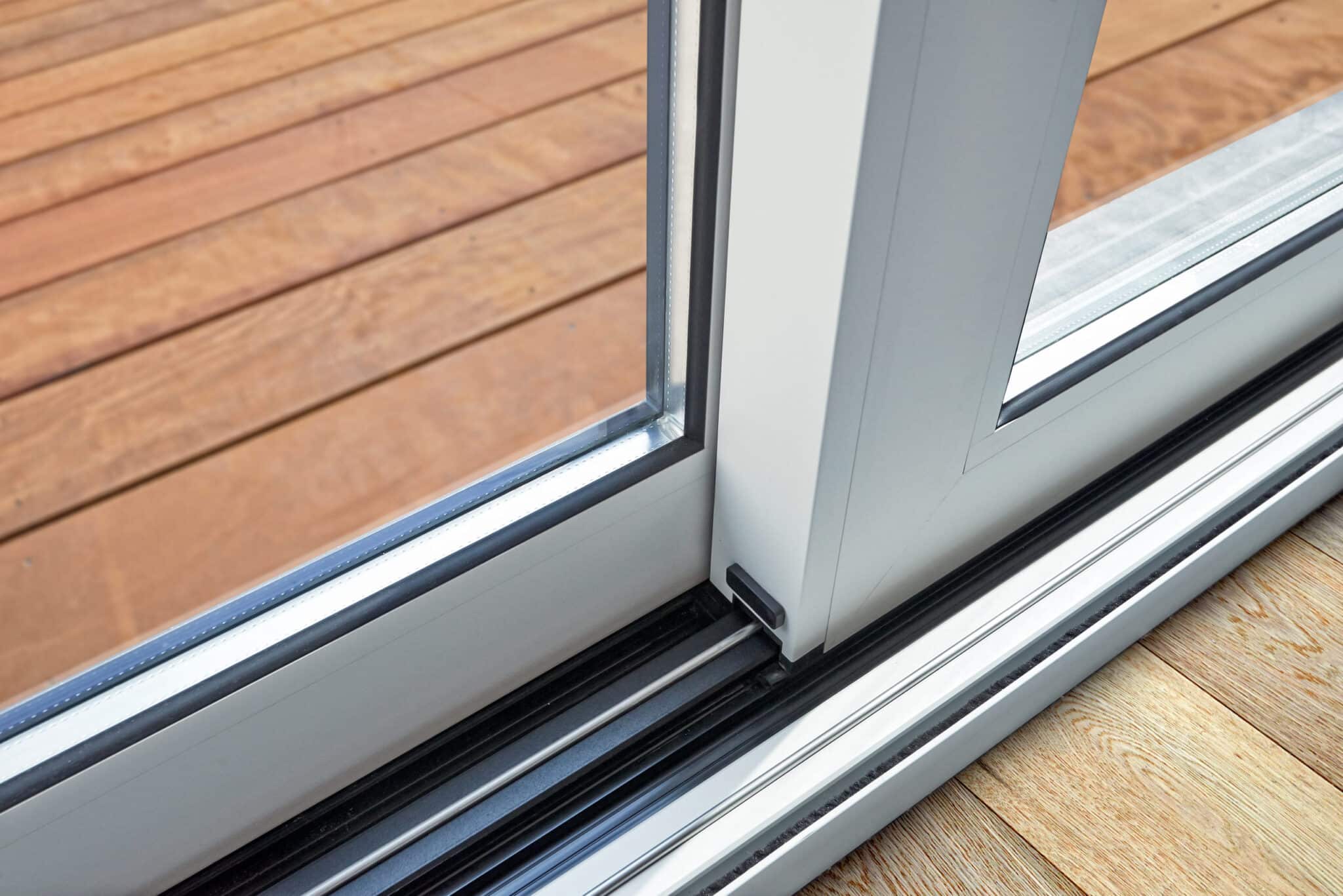

Interior Design Trends
How To Lubricate Sliding Glass Doors
Modified: October 18, 2024
Learn how to properly lubricate sliding glass doors to keep up with the latest interior design trends. Ensure smooth and quiet operation with our expert tips.
(Many of the links in this article redirect to a specific reviewed product. Your purchase of these products through affiliate links helps to generate commission for Storables.com, at no extra cost. Learn more)
Introduction
Sliding glass doors are a popular feature in modern homes, offering a seamless transition between indoor and outdoor spaces while allowing natural light to flood the interior. However, over time, these doors can become difficult to open and close, leading to frustration and potential safety hazards. Fortunately, regular maintenance, including lubrication, can help keep sliding glass doors operating smoothly and quietly.
In this comprehensive guide, we will explore the importance of lubricating sliding glass doors, the tools and materials needed for the task, step-by-step instructions for proper lubrication, and essential tips for maintaining the doors' smooth operation. Whether you are a homeowner looking to tackle a do-it-yourself project or a professional seeking best practices, this article will equip you with the knowledge and techniques to ensure that sliding glass doors continue to function effortlessly for years to come.
Key Takeaways:
- Regular lubrication of sliding glass doors ensures smooth operation, reduces noise, and prevents premature wear, enhancing safety and saving long-term costs. It’s essential for a seamless indoor-outdoor transition and a pleasant living environment.
- To maintain sliding glass doors, clean tracks and rollers regularly, inspect and replace worn components, adjust track alignment, and apply periodic lubrication. These practices ensure effortless operation, safety, and prolonged durability.
Importance of lubricating sliding glass doors
Lubricating sliding glass doors is a crucial aspect of their maintenance, as it directly impacts their functionality and longevity. Over time, dirt, dust, and debris can accumulate in the door tracks, leading to increased friction and difficulty in opening and closing the doors. Without proper lubrication, the doors may become noisy, stiff, or even get stuck, posing inconvenience and potential safety risks. Therefore, understanding the significance of lubrication and its impact on the performance of sliding glass doors is essential for homeowners and professionals alike.
-
Smooth Operation: Regular lubrication ensures that sliding glass doors operate smoothly and effortlessly. By reducing friction between the door panels and the tracks, lubrication facilitates seamless movement, allowing for easy access to outdoor spaces and enhancing the overall functionality of the doors.
-
Prevention of Wear and Tear: Proper lubrication helps prevent premature wear and tear on the door components. When sliding doors encounter excessive friction due to lack of lubrication, the rollers, tracks, and other mechanical parts are subjected to unnecessary strain, leading to accelerated deterioration and potential damage.
-
Noise Reduction: Unlubricated sliding glass doors can produce irritating squeaks and creaks when opened or closed. Lubrication minimizes these noises, creating a quieter and more pleasant living environment.
-
Enhanced Safety: Smoothly operating sliding glass doors are safer to use, especially in households with children or elderly individuals. Lubrication reduces the risk of doors getting jammed or difficult to open, thereby preventing accidents and injuries.
-
Long-Term Cost Savings: Regular lubrication can contribute to the long-term cost savings associated with sliding glass doors. By maintaining the doors in optimal condition, homeowners can avoid costly repairs or premature replacements, ultimately preserving the value of their investment.
Understanding the importance of lubricating sliding glass doors underscores the need for regular maintenance to ensure their continued functionality and performance. By prioritizing proper lubrication, homeowners can prolong the lifespan of their sliding glass doors and enjoy the convenience and aesthetic appeal they provide.
Tools and materials needed
When it comes to lubricating sliding glass doors, having the right tools and materials at hand is essential to ensure a thorough and effective maintenance process. Here's a comprehensive list of the items you'll need to successfully lubricate your sliding glass doors:
Tools:
- Screwdriver: A screwdriver will be necessary for removing the sliding door panels or accessing the rollers and tracks for thorough cleaning and lubrication.
- Vacuum Cleaner or Soft Bristle Brush: To remove dirt, debris, and loose particles from the door tracks and surrounding areas, a vacuum cleaner or a soft bristle brush can be used to ensure a clean surface before applying lubricant.
- Rag or Cloth: Keep a rag or cloth handy for wiping down the door tracks and removing any remaining residue after cleaning.
- Lubricant Applicator or Small Brush: An applicator or small brush specifically designed for applying lubricant will help ensure precise and controlled application to the door tracks and rollers.
Materials:
- Lubricant: Choose a high-quality silicone-based or Teflon-based lubricant specifically formulated for door and window applications. Avoid using oil-based lubricants, as they can attract dirt and debris, leading to potential track clogging and operational issues.
- Replacement Parts (if necessary): Inspect the door components, including rollers, tracks, and seals, for signs of wear or damage. If any parts are worn out or malfunctioning, have replacement parts on hand to address any issues during the maintenance process.
By gathering these essential tools and materials, you'll be well-prepared to tackle the lubrication of your sliding glass doors with confidence and efficiency. Ensuring that you have the right equipment at your disposal will contribute to a successful maintenance endeavor, ultimately prolonging the lifespan and performance of your sliding glass doors.
Steps to lubricate sliding glass doors
Lubricating sliding glass doors is a straightforward yet essential maintenance task that can significantly improve their functionality and longevity. By following these step-by-step instructions, you can ensure that your sliding glass doors operate smoothly and quietly, enhancing the overall convenience and aesthetic appeal of your living space.
-
Prepare the Work Area: Begin by clearing the area around the sliding glass doors to create a safe and accessible workspace. Remove any obstacles or furniture near the doors to allow unrestricted movement during the maintenance process.
-
Clean the Door Tracks: Use a vacuum cleaner or a soft bristle brush to remove dirt, debris, and loose particles from the door tracks. Ensure that the tracks are thoroughly cleaned to eliminate any obstructions that may impede the sliding motion of the doors.
-
Inspect and Clean the Rollers: Examine the rollers located at the bottom of the sliding door panels for any accumulated grime or debris. Wipe the rollers clean with a rag or cloth to ensure that they are free from dirt and residue that could hinder their smooth operation.
-
Apply Lubricant to the Tracks: Using a high-quality silicone-based or Teflon-based lubricant, apply a thin, even layer to the entire length of the door tracks. Ensure that the lubricant is evenly distributed to minimize friction and facilitate effortless movement of the sliding doors.
-
Lubricate the Rollers: Apply a small amount of lubricant directly to the rollers, ensuring that they are adequately coated for smooth rotation. Be cautious not to over-apply the lubricant, as excess product can attract dirt and impede the rollers' functionality.
-
Operate the Doors: After applying the lubricant, open and close the sliding glass doors several times to allow the lubricant to distribute evenly along the tracks and rollers. This action helps to ensure that the lubricant penetrates the moving parts, optimizing their performance.
-
Wipe Excess Lubricant: Using a clean rag or cloth, wipe away any excess lubricant from the tracks and surrounding areas. This step helps prevent the accumulation of dirt and debris, maintaining the cleanliness of the door tracks and minimizing the need for frequent maintenance.
-
Reassemble and Test: If any door panels were removed for access, reassemble them according to the manufacturer's instructions. Test the doors to confirm that they move smoothly and quietly, indicating successful lubrication.
By following these steps, you can effectively lubricate your sliding glass doors, ensuring that they operate effortlessly and quietly. Regular maintenance and lubrication will contribute to the long-term performance and durability of your sliding glass doors, allowing you to enjoy their benefits for years to come.
Use a silicone-based lubricant to grease the tracks of your sliding glass doors. Avoid using oil-based lubricants as they can attract dirt and debris, causing the doors to stick.
Tips for maintaining smooth operation
Maintaining the smooth operation of sliding glass doors goes beyond the initial lubrication process. To ensure long-lasting functionality and performance, it's essential to incorporate ongoing maintenance practices into your routine. Here are valuable tips for preserving the smooth operation of your sliding glass doors:
-
Regular Cleaning: Schedule regular cleaning sessions to remove dirt, dust, and debris from the door tracks, rollers, and surrounding areas. Use a vacuum cleaner or a soft bristle brush to eliminate buildup that can impede the doors' movement.
-
Inspect and Replace Worn Components: Periodically inspect the rollers, tracks, seals, and other mechanical components for signs of wear or damage. If any parts show excessive wear or malfunction, promptly replace them to prevent further deterioration and ensure smooth operation.
-
Adjust Track Alignment: Over time, the door tracks may shift or become misaligned, affecting the doors' movement. Check the alignment of the tracks and make necessary adjustments to ensure that the doors glide smoothly along their intended path.
-
Avoid Forceful Closing: Encourage gentle handling of the sliding glass doors to prevent unnecessary strain on the rollers and tracks. Avoid forcefully slamming or pushing the doors, as this can lead to misalignment and premature wear of the door components.
-
Keep Tracks Clear: Regularly check the door tracks for any obstructions or buildup that may hinder smooth operation. Clear away leaves, dirt, or other debris that could impede the doors' movement, ensuring unobstructed functionality.
-
Apply Periodic Lubrication: Implement a regular lubrication schedule to maintain the smooth operation of the sliding glass doors. Depending on usage and environmental factors, consider applying lubricant every six months to a year to keep the doors operating effortlessly.
-
Weather Stripping Maintenance: Inspect the weather stripping around the door panels for wear or damage. Damaged weather stripping can compromise the doors' insulation and smooth operation. Replace worn weather stripping to maintain a tight seal and optimal functionality.
-
Address Water Intrusion: If your sliding glass doors are exposed to heavy rain or water splashing, ensure that the drainage holes in the door tracks remain clear. Address any water accumulation to prevent potential damage and maintain smooth door operation.
-
Professional Inspection: Consider scheduling periodic professional inspections of your sliding glass doors. Experienced technicians can identify potential issues, perform thorough maintenance, and provide expert recommendations for preserving the doors' smooth operation.
By incorporating these tips into your maintenance routine, you can effectively preserve the smooth operation of your sliding glass doors, ensuring that they continue to function effortlessly and enhance the functionality and aesthetic appeal of your living space. Regular care and attention to the doors' components and operation will contribute to their long-term performance and durability.
Conclusion
In conclusion, the proper maintenance and lubrication of sliding glass doors are essential for ensuring their smooth operation, longevity, and safety. By understanding the significance of lubrication and incorporating regular maintenance practices, homeowners and professionals can preserve the functionality and aesthetic appeal of sliding glass doors for years to come.
Lubricating sliding glass doors not only facilitates effortless operation but also contributes to noise reduction, prevention of premature wear and tear, enhanced safety, and long-term cost savings. The application of high-quality silicone-based or Teflon-based lubricants, combined with thorough cleaning of door tracks and rollers, plays a pivotal role in optimizing the doors' performance and minimizing operational issues.
Furthermore, the maintenance of sliding glass doors extends beyond lubrication, encompassing regular cleaning, inspection of mechanical components, adjustment of track alignment, and weather stripping maintenance. By adhering to these maintenance tips, homeowners can proactively address potential issues and ensure the continued smooth operation of their sliding glass doors.
It is important to recognize that the proper maintenance of sliding glass doors not only enhances their functionality but also contributes to the overall comfort and convenience of the living space. Whether it's enjoying seamless access to outdoor areas, minimizing noise disturbances, or promoting a safe environment for household members, well-maintained sliding glass doors significantly impact the quality of everyday living.
In essence, the investment of time and effort in maintaining sliding glass doors through regular lubrication and comprehensive maintenance practices yields long-term benefits, including extended lifespan, reduced repair costs, and sustained operational efficiency. By prioritizing the care and maintenance of sliding glass doors, homeowners can continue to enjoy the aesthetic and functional advantages that these architectural features bring to their homes.
In conclusion, the proper maintenance and lubrication of sliding glass doors are essential for ensuring their smooth operation, longevity, and safety. By understanding the significance of lubrication and incorporating regular maintenance practices, homeowners and professionals can preserve the functionality and aesthetic appeal of sliding glass doors for years to come.
Frequently Asked Questions about How To Lubricate Sliding Glass Doors
Was this page helpful?
At Storables.com, we guarantee accurate and reliable information. Our content, validated by Expert Board Contributors, is crafted following stringent Editorial Policies. We're committed to providing you with well-researched, expert-backed insights for all your informational needs.
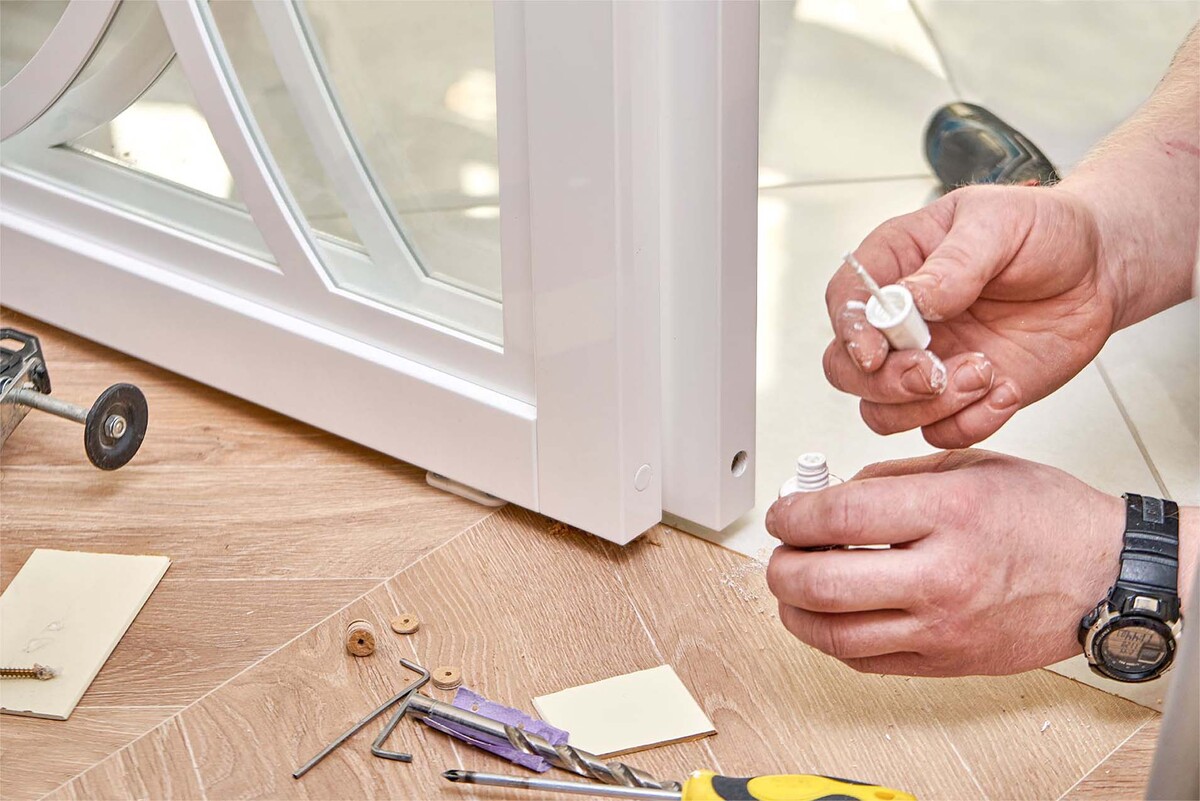
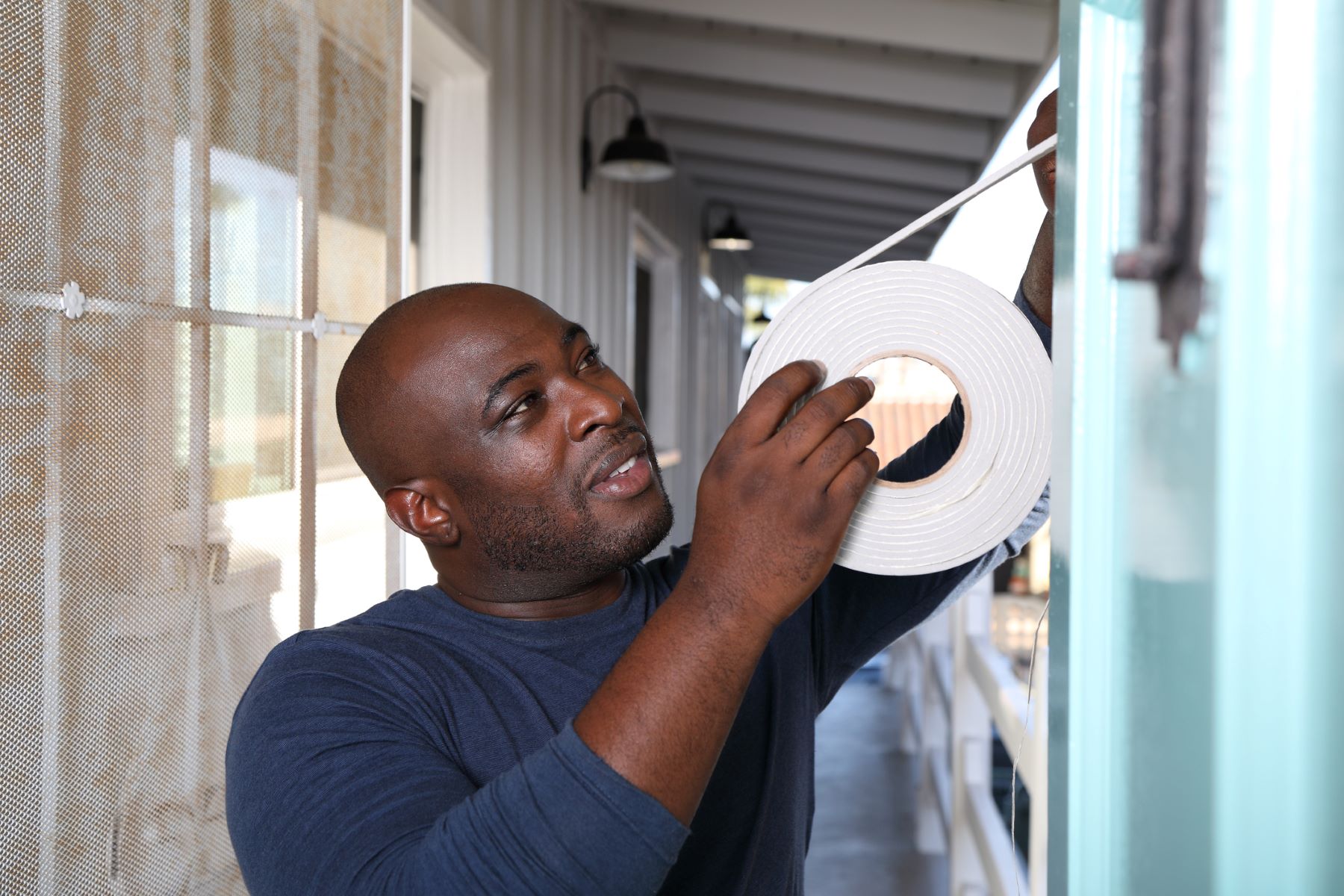

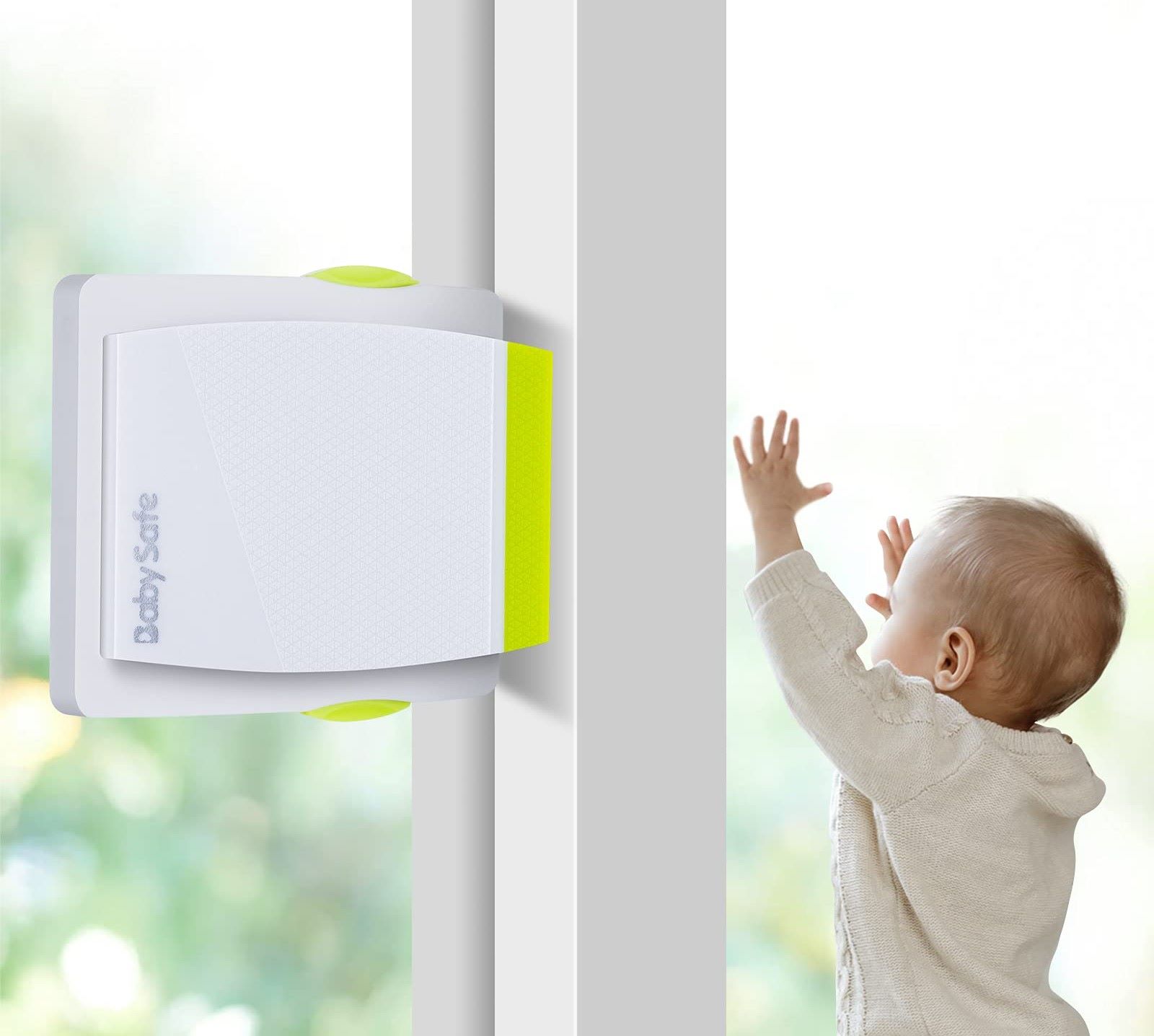
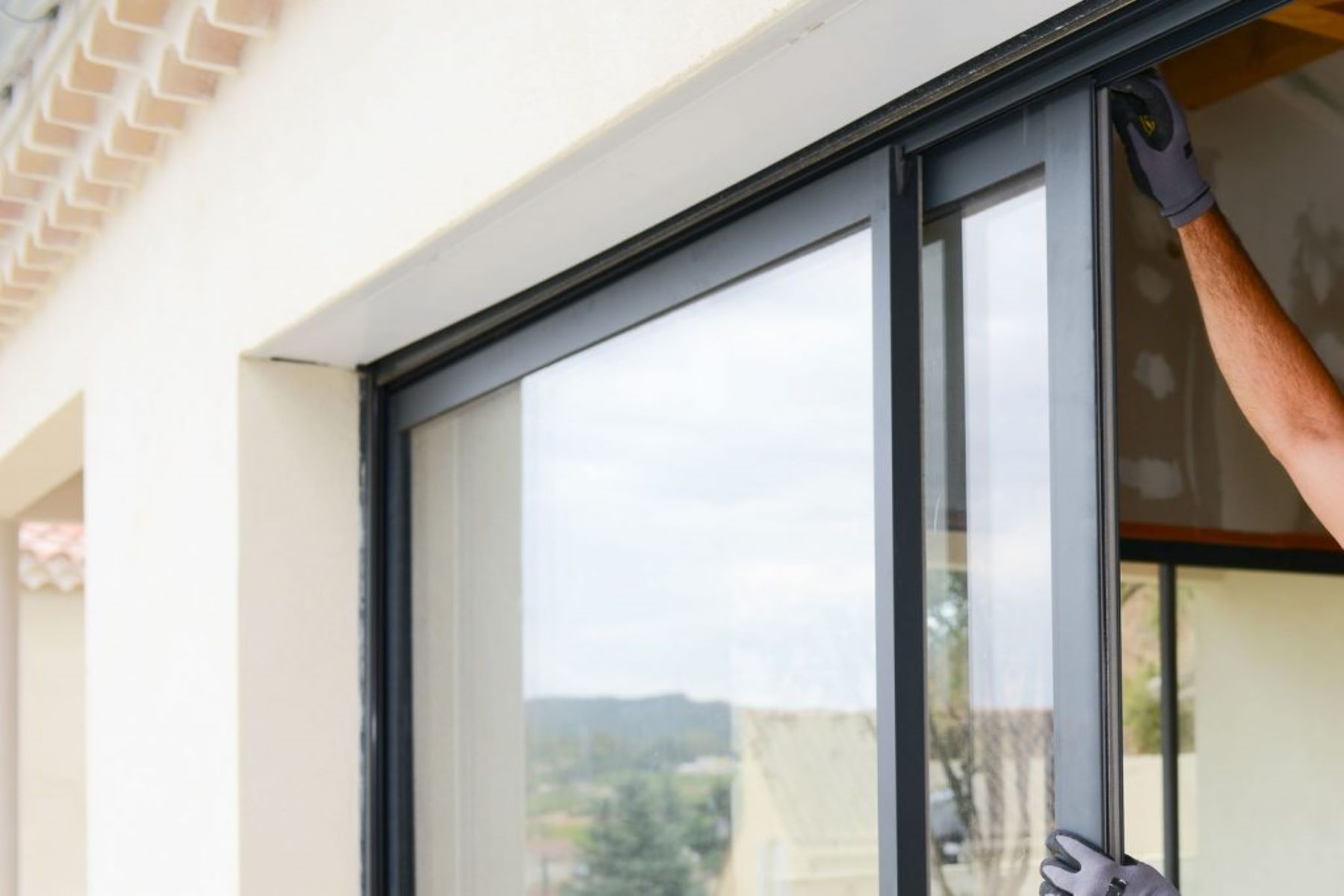
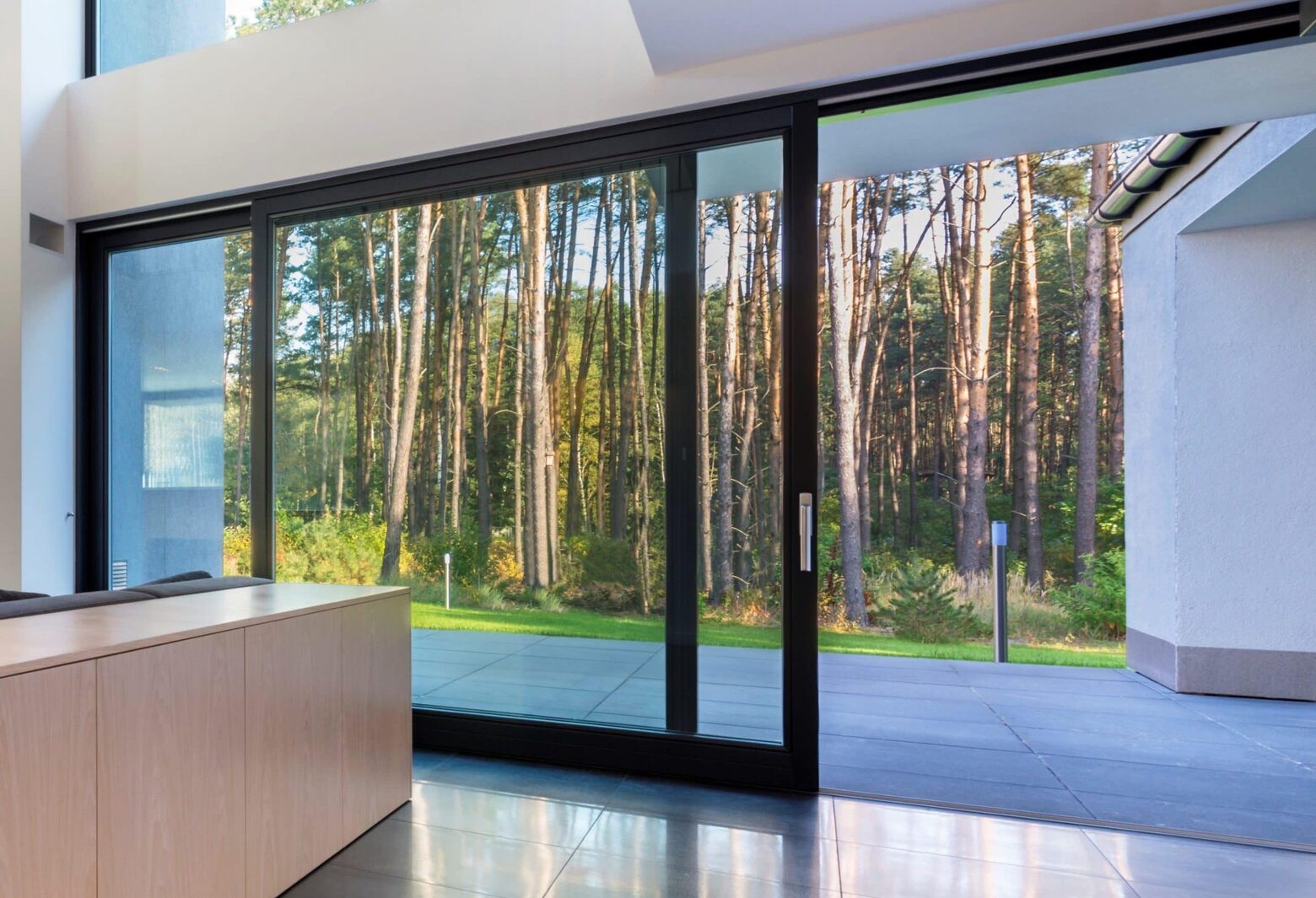

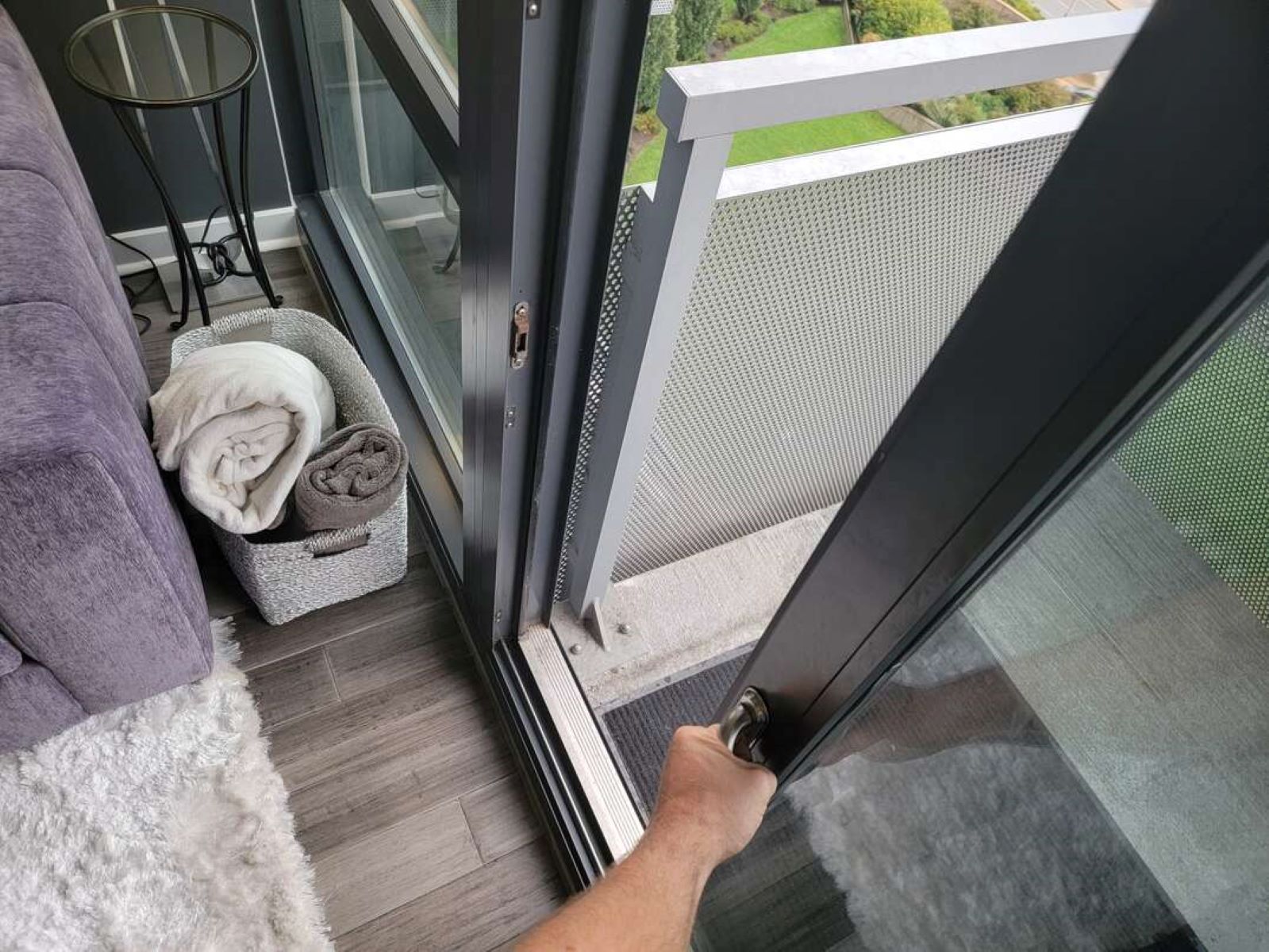

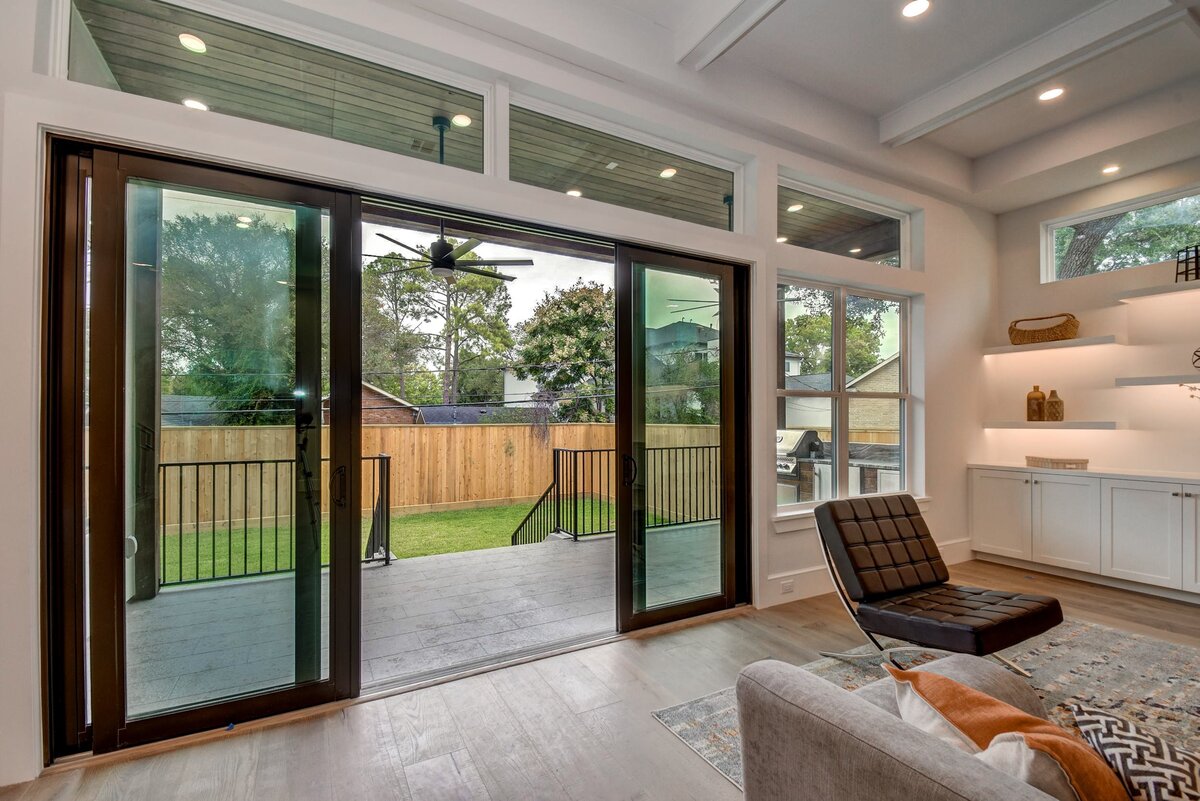
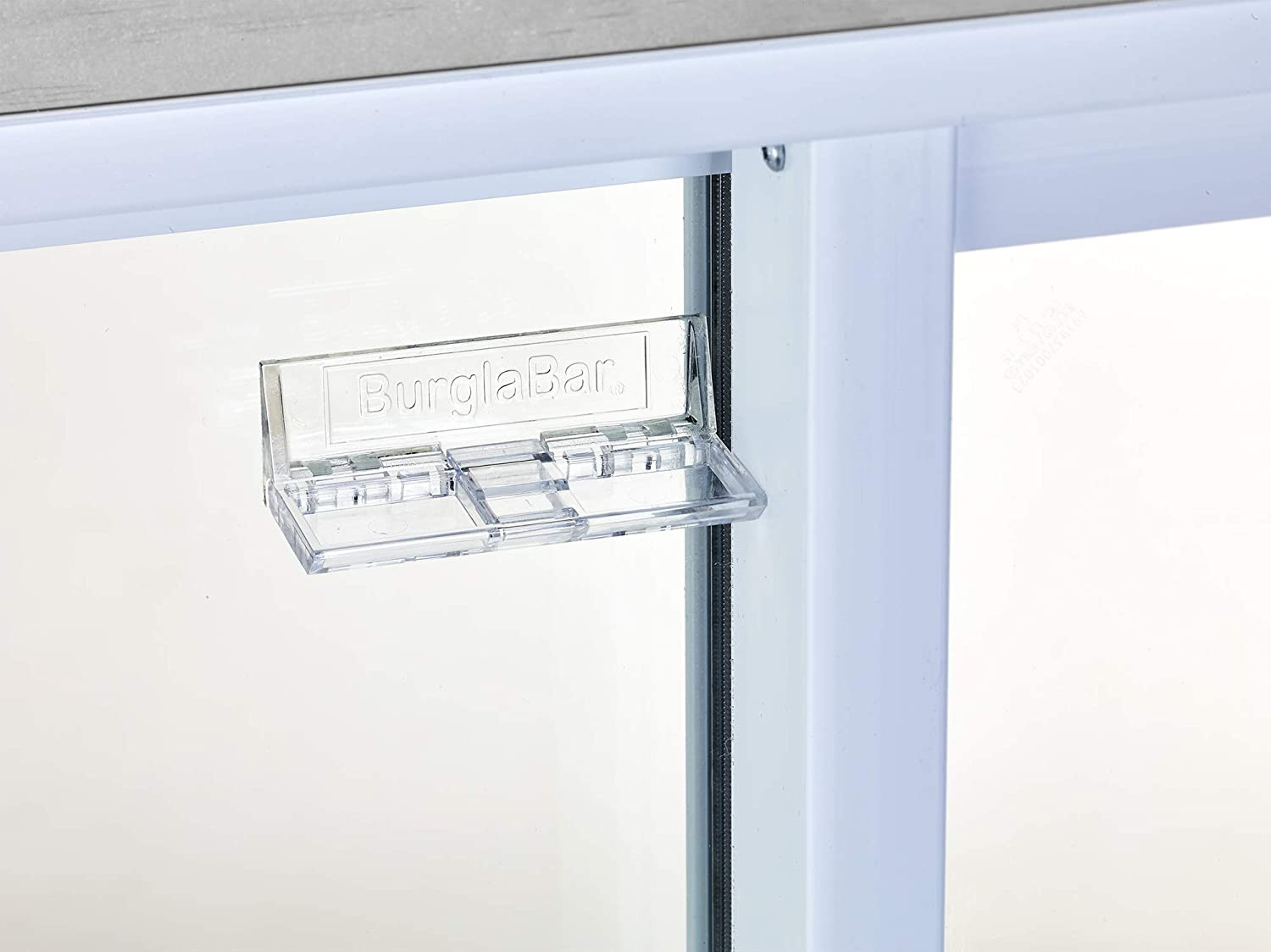
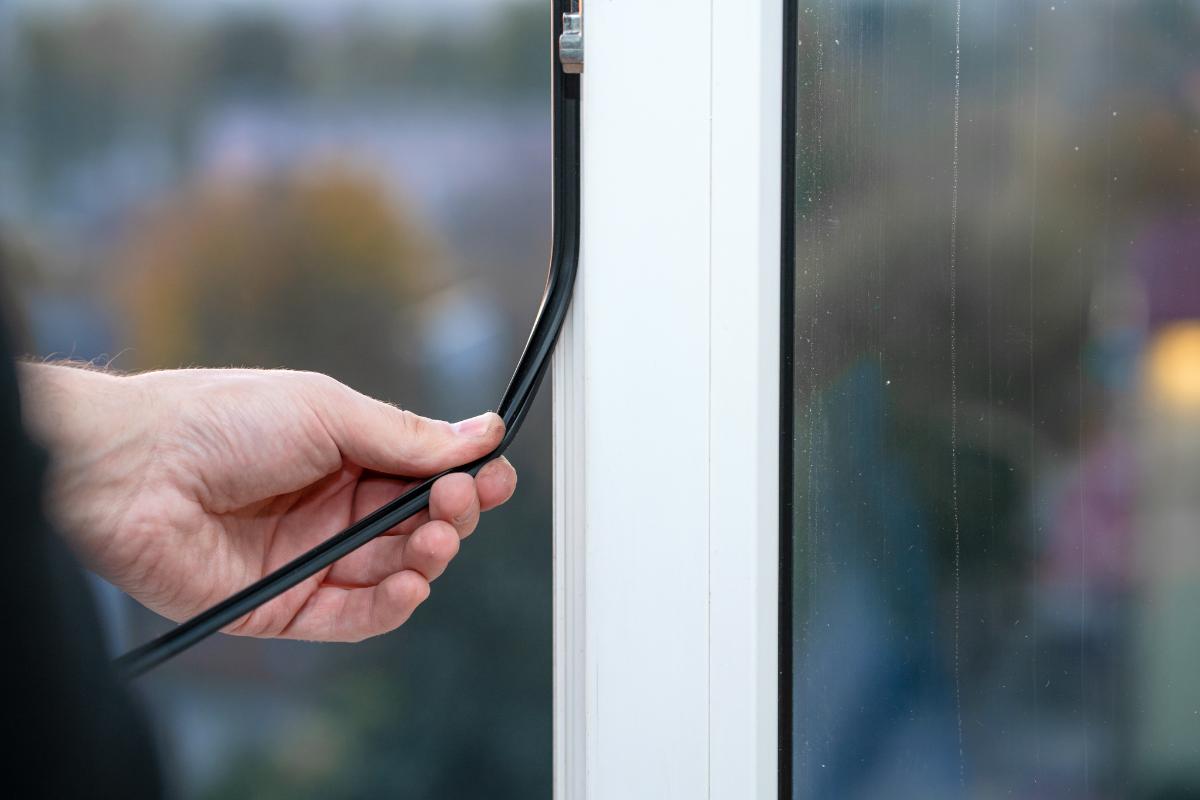
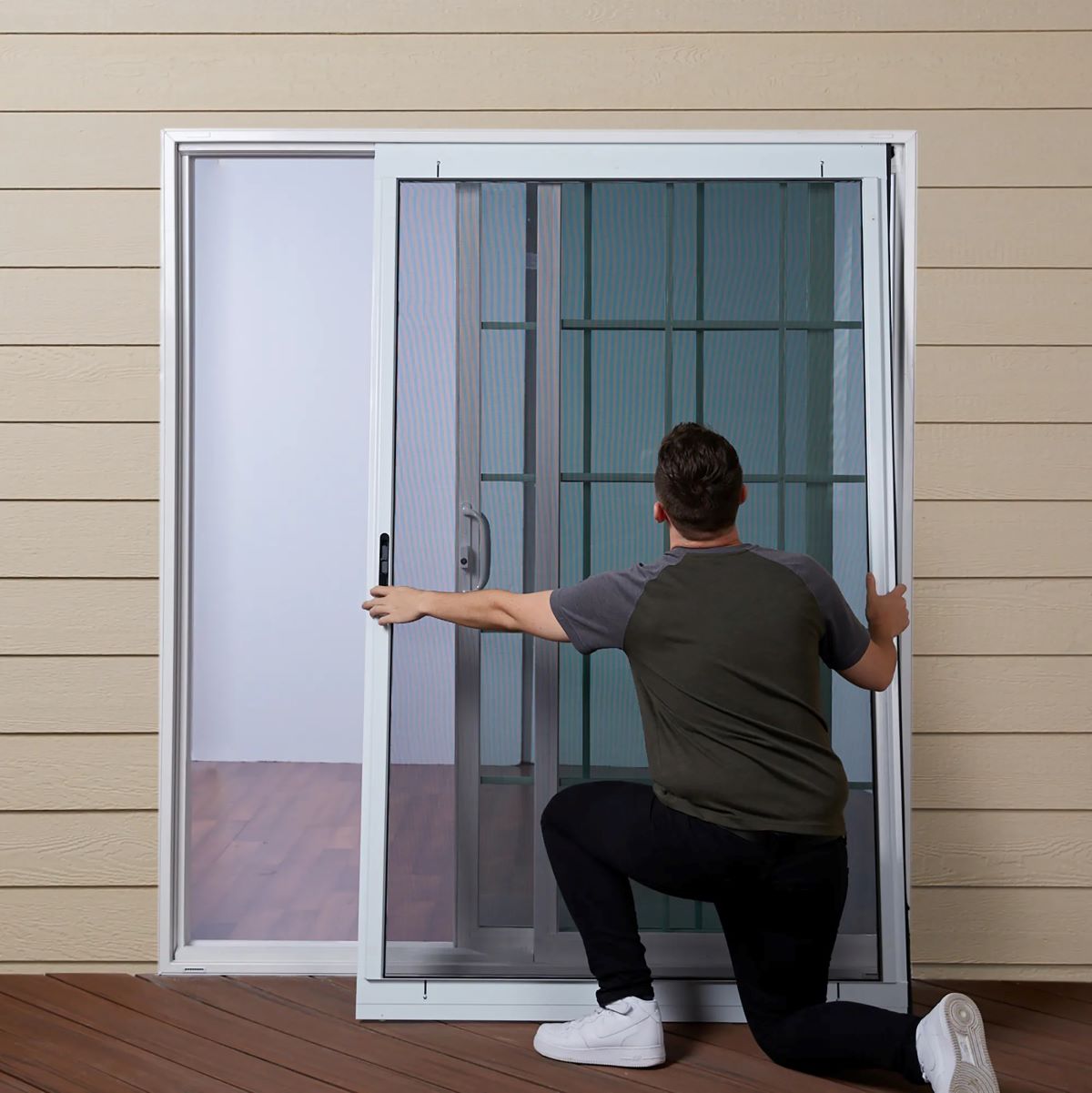
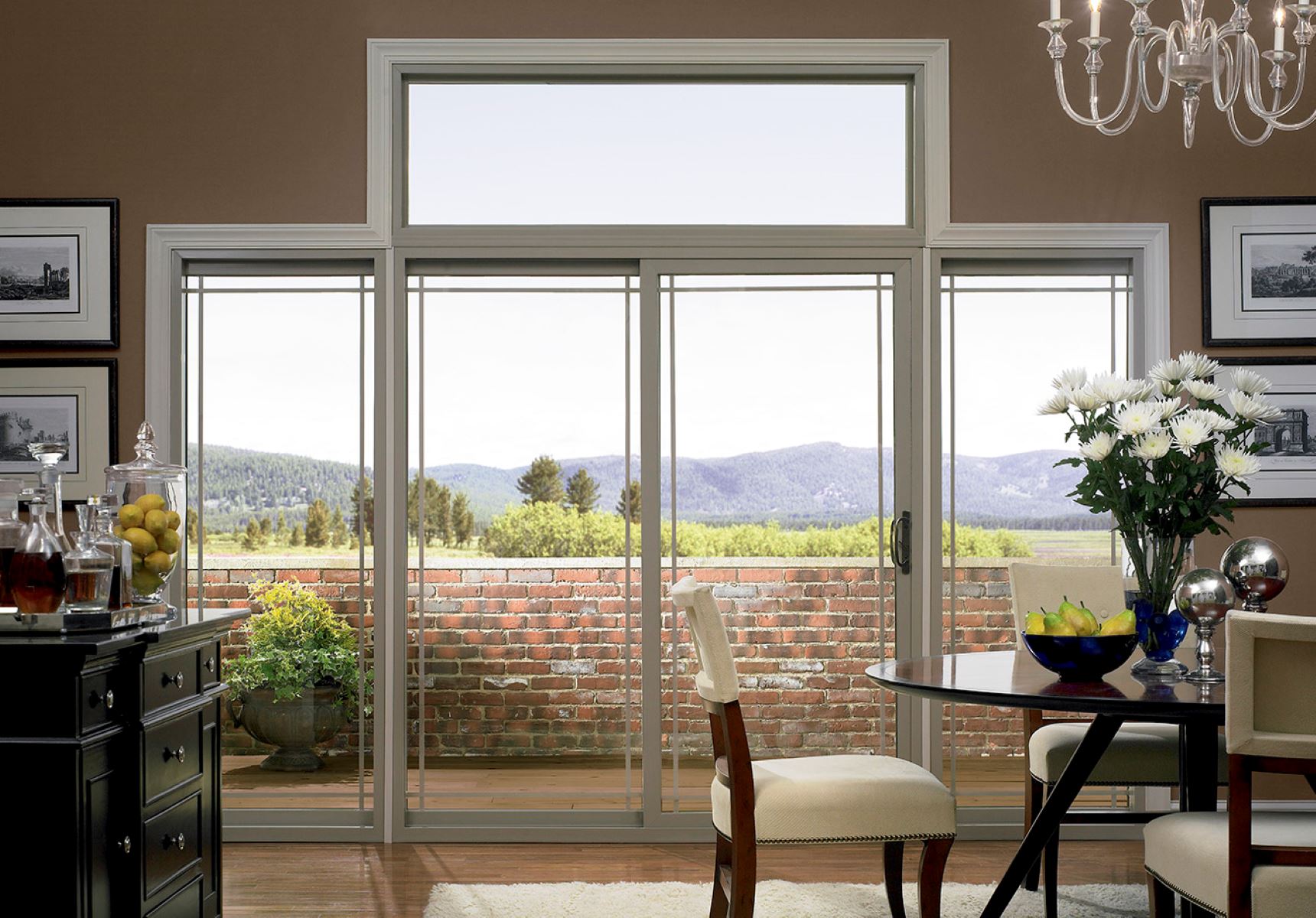

0 thoughts on “How To Lubricate Sliding Glass Doors”